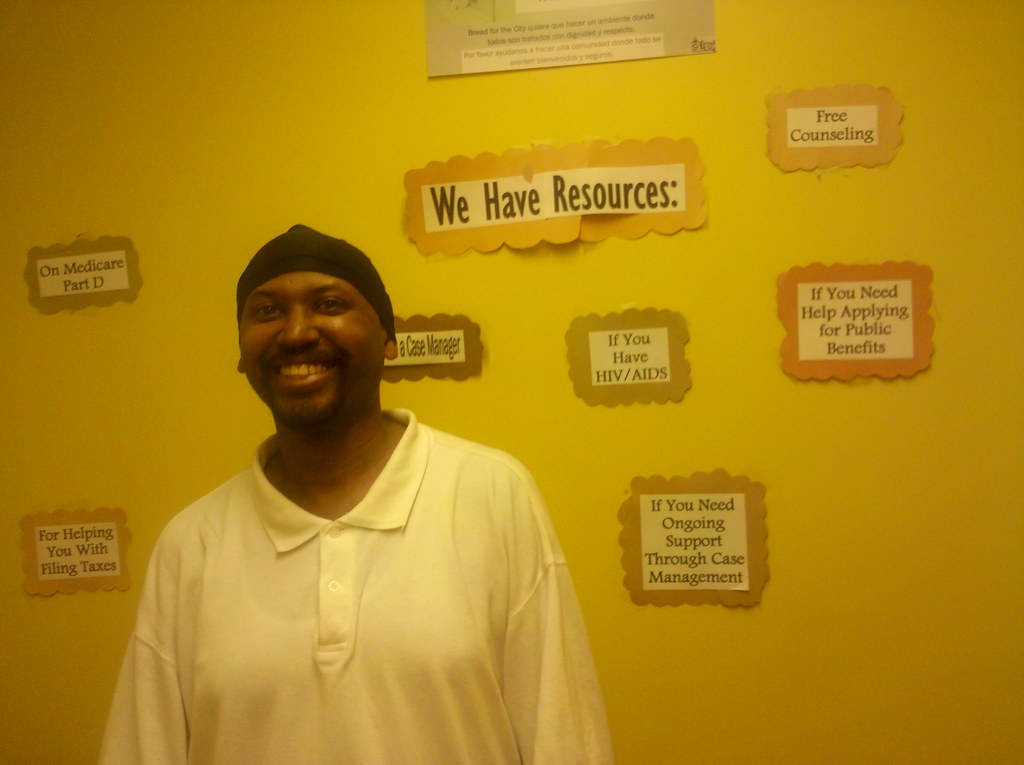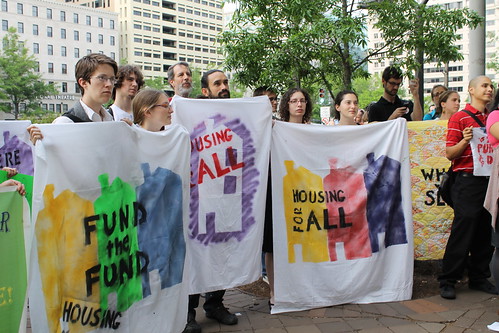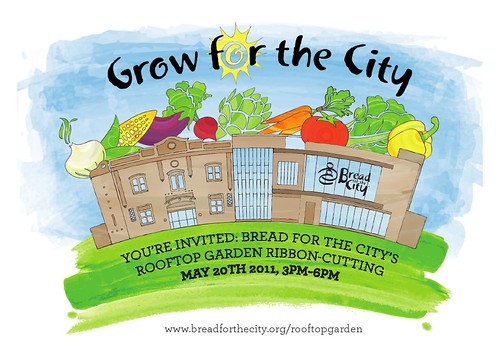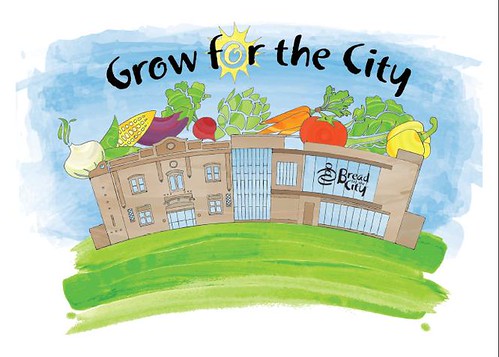 The DC Health Care Alliance has long been one of the one of the best programs available anywhere in the country for low-income people with no other means to acquire health insurance. Even before national healthcare reform appeared on the horizon, the DC Health Care Alliance was our ‘public option’ for low-income residents who don’t qualify for Medicaid -- and we have the Alliance to thank for the fact that nearly 95% of DC residents have health insurance.
The DC Health Care Alliance has long been one of the one of the best programs available anywhere in the country for low-income people with no other means to acquire health insurance. Even before national healthcare reform appeared on the horizon, the DC Health Care Alliance was our ‘public option’ for low-income residents who don’t qualify for Medicaid -- and we have the Alliance to thank for the fact that nearly 95% of DC residents have health insurance.
So we’re concerned at the health care news coming out of the District’s budget crisis. Mayor Vince Gray has proposed changes to the DC Health Care Alliance that could have far-reaching effects. Though they’re not technically budget cuts, they do seem to us to be a misguided attempt to scrape some fiscal savings right out of the safety net that supports the most vulnerable DC residents.
Legal Aid has the news:
Currently, Alliance enrollees must recertify (demonstrate that they are still eligible for the program based on their residency and income) once per year by filling out and sending in a form. The Mayor is proposing that Alliance enrollees recertify twice a year by having a face-to-face interview with an Income Maintenance Administration [IMA] employee.
The primary reason for this change that we’ve heard from government officials is to ensure that the DC Health Care Alliance is only being accessed by DC residents. But it’s not clear to us how many Maryland or Virginia residents are actually receiving Alliance now, or of those, how many would be “caught” by the new rules. And it
is clear that this intensified recertification process will make it much more difficult for many actual District residents to remain in the Alliance.

For many Alliance members, two in-person recertification appointments in a year would pose a significant challenge (especially since the wait for such appointments can often
run the course of a day or
longer, as reported here and in the
Washington Post). Many Alliance members have multiple jobs (without health benefits) and lack the kind of leeway to take time off that most white-collar workers enjoy. Others have severely limited mobility. And some are simply likely to miss the memo. (For instance, we’ve recently reported on this blog that
IMA has a well-documented history of sending English-language notices to non-English speakers; many Alliance patients are non-English speakers).
We’re also concerned about the effect that this intensified recertification will have on IMA’s already-overburdened administrative capacity. Indeed, DHS is planning to hire
15 additional IMA staffers just to handle the additional administrative burden of these recertifications. There’s talk of leasing entirely new office space to accommodate this new workload, or conducting these recertifications during evening hours that would be out of sync with the administration of other public benefits like TANF.
So that’s where all this really starts to get confounding. Surely we can find better solutions to our fiscal crisis than hiring a whole new fleet of government workers whose primary function just makes it harder for low-income DC residents to keep their health insurance!
We believe the city has other options. For instance, many Alliance members live in households with other people receiving TANF and/or food stamps -- both programs that already require annual in-person recertification, which could exempt Alliance members from having to recertify again. Likewise, community health clinics like Bread for the City
already confirm that our patients live in the District; we could take an extra step to process their Alliance recertification here at the point of care. Sure, this would involve a lot more faxing and general paperwork headaches for us. But if it makes it easier for our clients to keep their insurance, we are willing to do it!

Consider what will happen if this policy change goes into effect. First, many Alliance members will simply fall out of the program one way or another. It’s more costly to the city to process the paperwork to re-enroll a resident once they’ve already been terminated. And when people who lose their insurance fall ill, they’ll end up in the emergency room. There, they’re likely to be re-enrolled in the Alliance -- at a far greater cost to both the individual (for their health) and the city (for the higher cost of emergency care).
We hear a lot of anxiety from city government about the supposed Alliance freeloaders from Maryland and Virginia, but we don’t see how it makes sense of
any kind to effectively penalize DC residents for the potential fraud of others.
In the past decade, the District’s health care system has become one of the nation’s best, in large part because the Alliance provided a public option long before health care reform reappeared on the horizon. There’s much more work to be done, of course. Let’s not fall backwards.
 Indeed, just days after our big buzzy Grand Opening, we quietly conducted the very first harvest from our garden. Longtime Bread for the City client George joined us during "open garden" hours (Mondays and Wednesdays, 9am-noon, by the way), and he clipped bags of leaves from our collard greens which are already overflowing their bed. George took some for home, and brought the rest down to the pantry to share with folks there.
Indeed, just days after our big buzzy Grand Opening, we quietly conducted the very first harvest from our garden. Longtime Bread for the City client George joined us during "open garden" hours (Mondays and Wednesdays, 9am-noon, by the way), and he clipped bags of leaves from our collard greens which are already overflowing their bed. George took some for home, and brought the rest down to the pantry to share with folks there.

 Eric is a 46-year-old native Washingtonian. He used to work in utilities, and also has experience as a mechanic. But he lost his job years ago, and eventually his home. He kept trying to get his life back on track -- with little to show for it.
Eric is a 46-year-old native Washingtonian. He used to work in utilities, and also has experience as a mechanic. But he lost his job years ago, and eventually his home. He kept trying to get his life back on track -- with little to show for it.

















